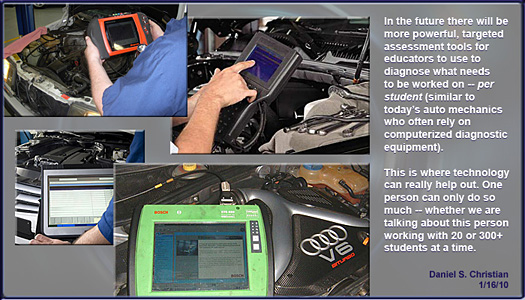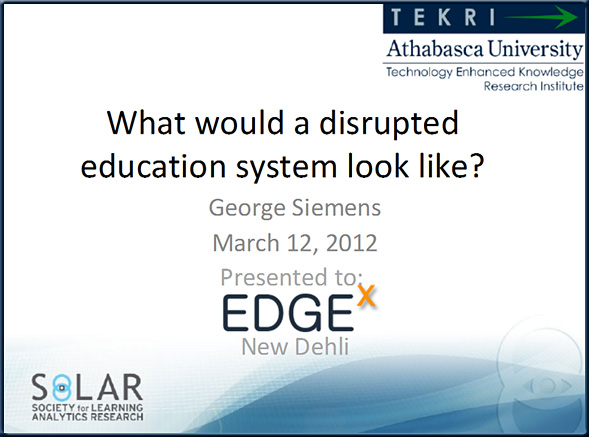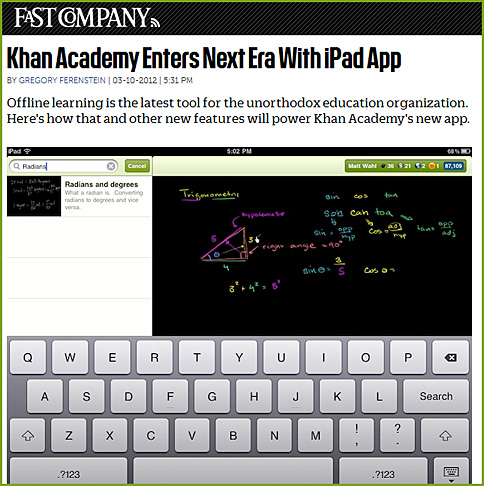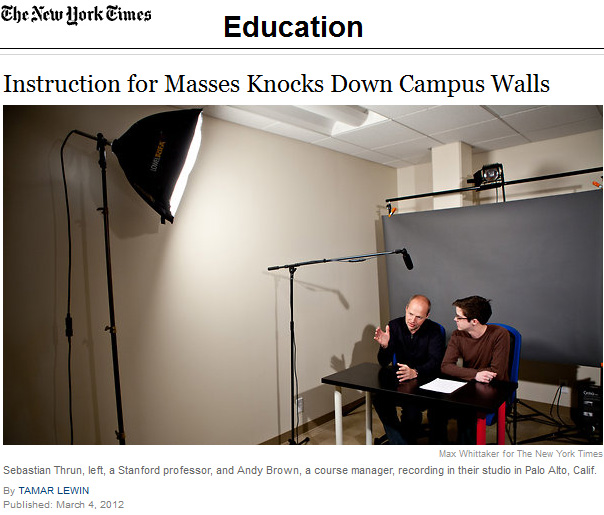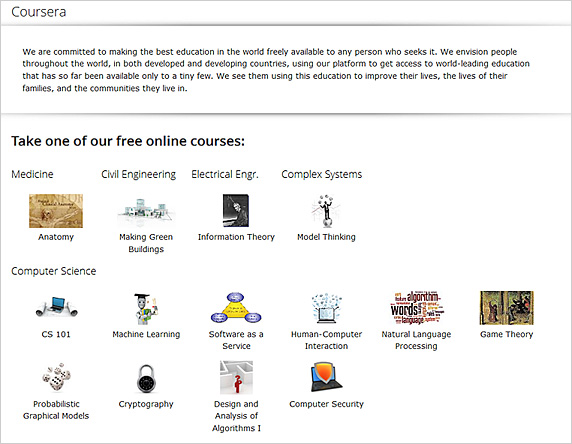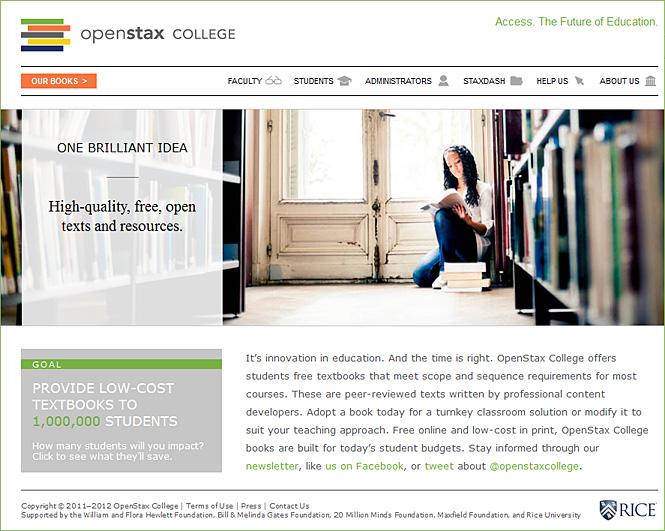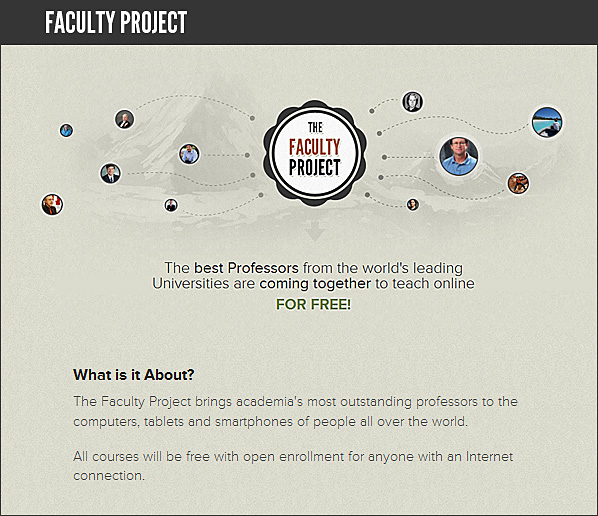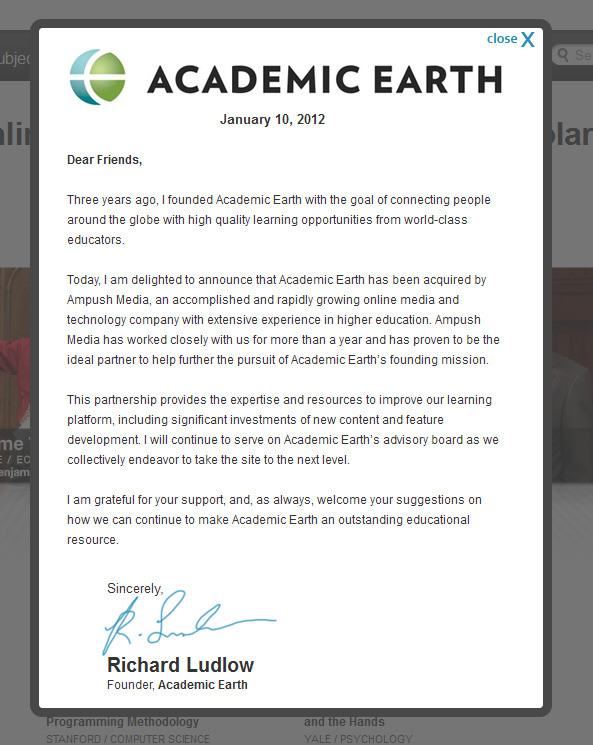From DSC:
This is exactly what I was getting at with The Forthcoming Walmart of Education (2008) and it points out, again, that innovation is much faster and stronger in the online world than it is in the face-to-face world. The tools being developed to engage, track, diagnose, and adapt continue to be developed. What may have once been poo-pooed continues to pick up steam. (Christensen, Johnson, & Horn are right on track.) The trend will be towards more team-based endeavors that can be made available at a greatly reduced price. They will be multimedia-based, highly-interactive, and state-of-the-art (technically and pedagogically).
Treating Higher Ed’s ‘Cost Disease’ With Supersize Online Courses — from The Chronicle by Marc Parry
Excerpt (with emphasis from DSC):
Professors should move away from designing foundational courses in statistics, biology, or other core subjects on the basis of “intuition,” she argues. Instead, she wants faculty to work with her team to put out the education equivalent of Super Bowl ads: expensively built online course materials, cheaply available to the masses.
“We’re seeing failure rates in these large introductory courses that are not acceptable to anybody,” Ms. Thille says. “There has to be a better way to get more students—irrespective of where they start—to be able to successfully complete.”
Her approach brings together faculty subject experts, learning researchers, and software engineers [from DSC — a TEAM-based approach] to build open online courses grounded in the science of how people learn. The resulting systems provide immediate feedback to students and tailor content to their skills. As students work through online modules outside class, the software builds profiles on them, just as Netflix does for customers. Faculty consult that data to figure out how to spend in-person class time.
From DSC:
Such learner profiles will most likely reside in the cloud and eventually standards will be established to insert new data into these profiles. The access to view/edit these profiles will be controlled by the individual learners (hopefully!). What if learners could selectively grant corporations access to this type of profile as their new resume?
For items concerning team-based approaches, see this recording (June 2009) as well as this collection of items.
For items concerning consortia and pooling resources, see here and here.










